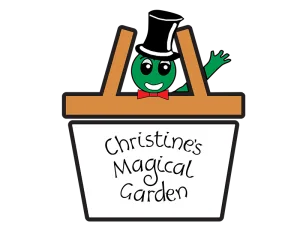Dolls as Storytelling Tools: Creating Adventures and Narratives
Dolls have long been cherished companions for children, igniting their imagination and creativity. Beyond their role as playthings, dolls can serve as powerful storytelling tools, enabling children to create their own adventures and narratives. In this blog, we will explore the captivating world of doll storytelling and the benefits it brings to a child’s development.
Dolls Igniting Imagination
Dolls provide a tangible and interactive medium for children to bring their imagination to life. By creating characters, settings, and storylines, children can immerse themselves in a world of make-believe. Dolls become the protagonists of their own stories, allowing children to explore different scenarios and engage in imaginative play.
Developing Language and Communication Skills
Storytelling with dolls encourages children to communicate and express themselves effectively. As they narrate their doll’s adventures, children practice articulating their thoughts and ideas. They learn to structure sentences, use descriptive language, and engage in dialogue, enhancing their language and communication skills.
Fostering Creativity and Problem-Solving
Doll storytelling nurtures creativity by challenging children to think creatively and problem-solve. They must develop plots, create conflicts, and find resolutions, fostering critical thinking and imaginative problem-solving skills. Dolls become the catalyst for children to think outside the box and explore different possibilities.
Building Emotional Intelligence
Through doll storytelling, children can explore and understand a wide range of emotions. They can assign emotions to their dolls, allowing them to express and process their own feelings. This process helps develop emotional intelligence as children learn to empathize with their dolls and navigate complex emotional situations within their narratives.
Encouraging Social Skills and Collaboration
Doll storytelling often involves multiple children, providing an opportunity for social interaction and collaboration. Children can work together to create joint narratives, negotiate roles, and collaborate on storylines. This fosters teamwork, cooperation, and the development of social skills, such as sharing, taking turns, and resolving conflicts.
Dolls Enhancing Narrative Skills
Doll storytelling allows children to practice and refine their narrative skills. They learn to structure stories with a beginning, middle, and end, develop characters with unique personalities, and create engaging plots. These narrative skills are transferable to other forms of storytelling, such as writing and oral storytelling, setting a strong foundation for future literacy development.
Dolls Cultivating Empathy and Understanding
Doll storytelling provides children with an opportunity to step into the shoes of their dolls and explore different perspectives. They can create narratives that reflect diverse experiences, fostering empathy and understanding for others. This helps children develop a broader worldview and promotes acceptance and inclusivity.
Dolls serve as powerful storytelling tools, enabling children to unleash their imagination, develop language and communication skills, foster creativity and problem-solving abilities, build emotional intelligence, enhance social skills, and cultivate empathy and understanding. By engaging in doll storytelling, children embark on exciting adventures, create captivating narratives, and develop a range of crucial skills that will benefit them throughout their lives. So, let’s encourage children to embrace the magic of doll storytelling and watch as their creativity and storytelling abilities soar to new heights.








